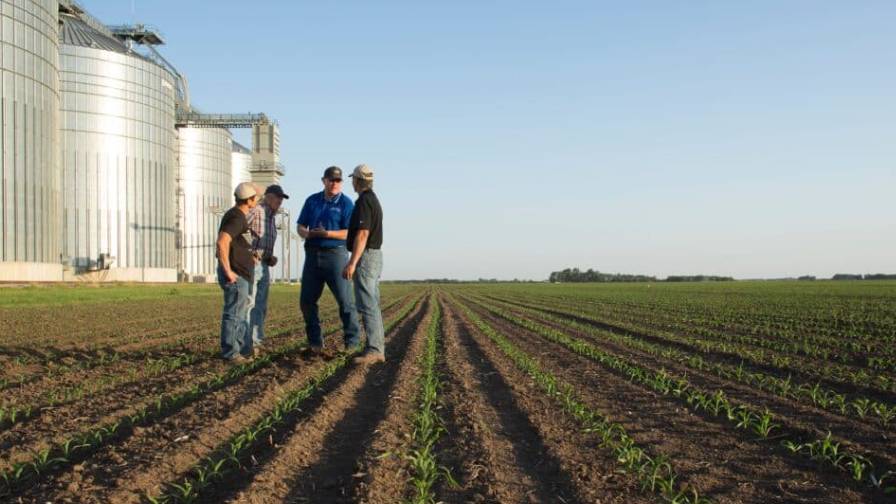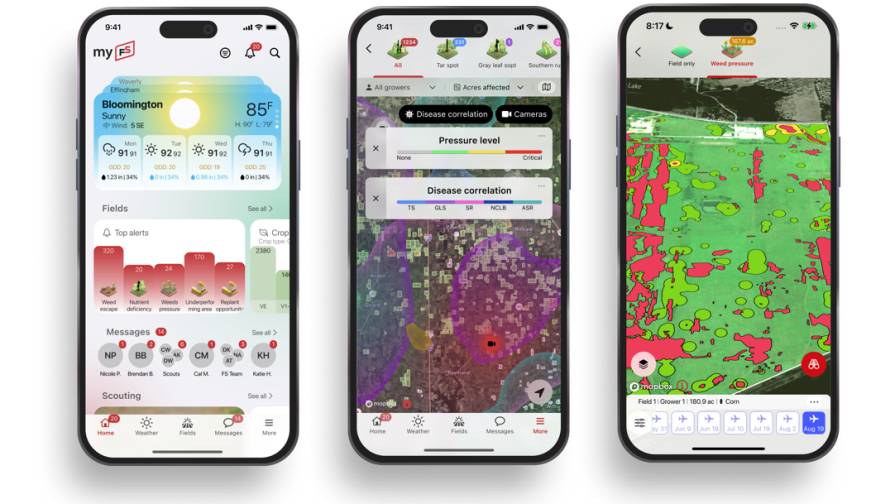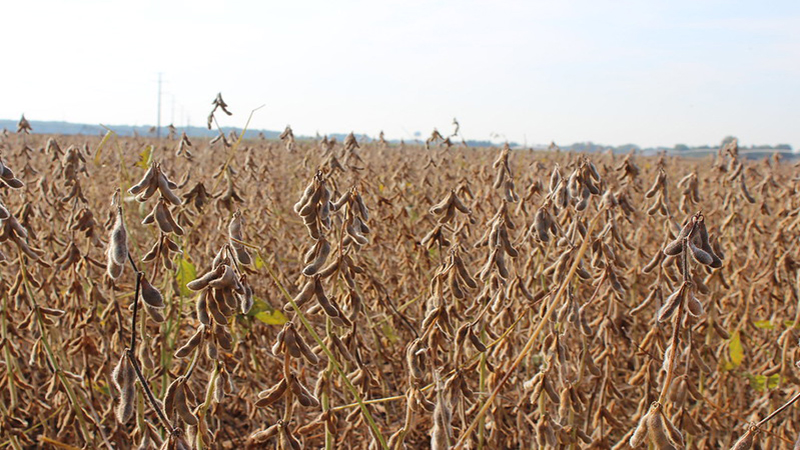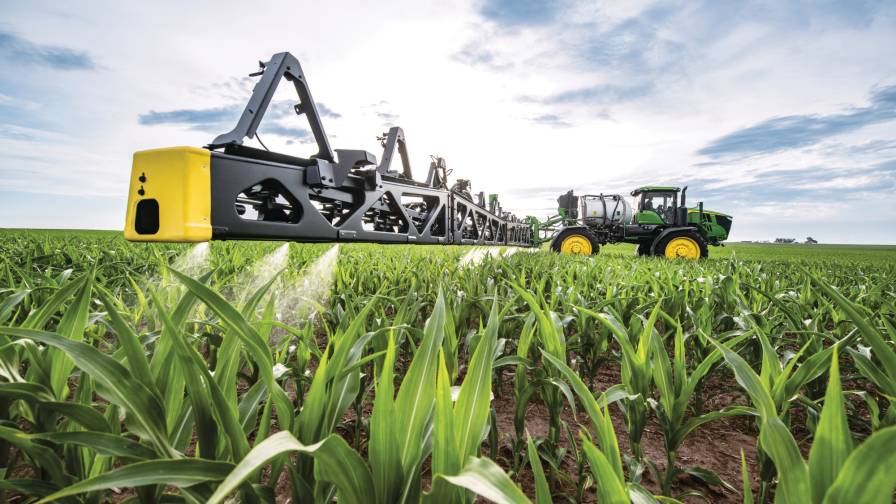Iowa State’s Advanced Machinery Program
The success of precision agriculture use and adoption in the future will hinge on the skills and talents of the individuals being trained at colleges and universities today. Fortunately, there are some truly outstanding programs working to prepare the next generation of professionals destined to work in the increasingly technology-rich world of agriculture.
One such program has emerged at Iowa State University (ISU). The Advanced Machinery Engineering (AME) program is only a few years old, but it has quickly grown into a major player in ag tech education. Currently there are five faculty members on board, each focused on different areas of advanced machine design, agricultural sensing and automation, and precision agriculture. There are around 20 graduate students and staff working in this area.
The staff is headed up by Matt Darr, a farm kid from eastern Ohio who came from a similar position at The Ohio State University two years ago to take the lead at ISU. During a recent interview, Darr shared some detail on the ISU program, what this generation of tech-immersed students are learning, and what graduates expect from employers once they enter the workforce.
Describe the department and its mission. What specialty areas related to precision agriculture are offered?
We train students in the hardware aspects of precision agriculture. There’s a heavy focus on tractor and combine systems, as well as hardware associated with precision agriculture. We cover how to select and implement the right precision agriculture products and accuracy levels and hydraulic systems for agriculture.
How many students are currently enrolled in the program?
We currently have 500 students in our engineering and technology programs. About half are focused on ag machinery. Of those, we graduate around 40 per year that hope to pursue a career directly in precision agriculture.
What is the balance between technical and agronomic training?
Our students are focused mainly on technical systems. Many students in our precision agriculture program do complete a minor in agronomy. This is a tremendous background and serves these students well in the future.
For the equipment dealership, the agronomy background is not a huge need. It is more beneficial to a student going to work for a co-op or consultant or seed company where they’ll need to make recommendations or implement variable-rate application technologies.
What facilities are available on campus?
Manufacturers have been very supportive of our efforts. We have an Ag Leader Precision Ag Lab which features desktop computers and software, SMS mobile lab kits, combine, sprayer, and planter simulators. Our John Deere Automation Lab has Universal and Integrated AutoTrac hardware, RTK GPS equipment, and simulation and set-up of ag displays and in-field software. The Sauer Danfoss Fluid Power Lab contains hydraulic trainers and simulators that allow for training on integration of hydraulics and electronics for vehicle control and steering. Finally, the IaRTN Lab, featuring equipment support from Topcon and Trimble, has allowed us to evaluate and promote the use of the Iowa CORS network for agriculture.
What sorts of positions are graduates preparing to take on?
Students in precision agriculture mainly enter into support and management positions. Most commonly, students become precision agriculture specialists at equipment dealerships. Other students work directly with precision agriculture manufacturers.
How are you working to recruit students into the program?
We really don’t recruit directly for precision agriculture students. In general, we get a steady stream of young students interested in technology, and precision agriculture is a perfect fit for these students. Most, but not all, do have a farm background and tend to be fairly highly ranked in their high school class. We do not train “precision agriculture technicians” but rather “precision agriculture technology managers.” This requires a higher level of math and management capacity.
What do your students expect in terms of employment opportunities when they leave your program?
Most are very good at technical items and through internships have developed good customer and communication skills. They definitely expect the opportunity to provide leadership and use their training to help their employer. Because of their training they tend to want to work with larger dealers and co-ops where the long-term potential for advancement is higher.
How do you stay connected to the market to ensure that you are teaching what employers need? Staying connected with the industry is a key part of maintaining and growing a good training program for the students. If we are five years behind, then the value of that student to industry has been diminished. I typically meet at least yearly with most of the major players in the precision agriculture industry to ensure that we’re on target with our program and are adjusting to changes in the industry. Staying in close contact also helps to generate the equipment support needed to continue to teach high quality labs.
What are the future plans for growth and expansion of the program?
There are many options, including online graduate certificates and industry trainings. In the past year, our number of focused industry training programs has increased. For some industries, it makes more sense to hire us to come to their facility for a one- or two-day workshop rather than send their employees to an outside location.
We’re also in the process of expanding our facilities to increase enrollment in our precision agriculture courses. Right now, we’re limited by seats.






